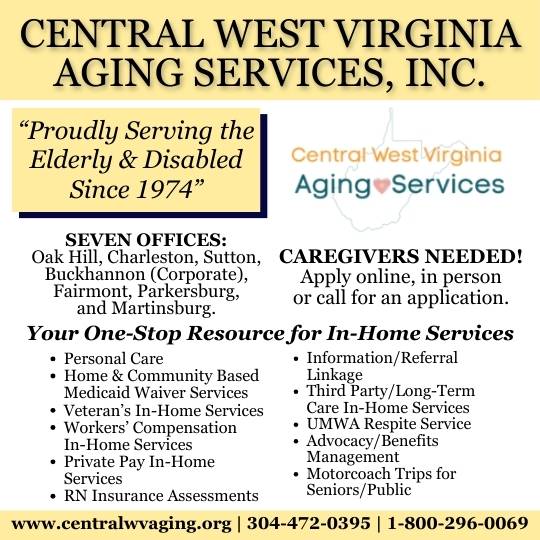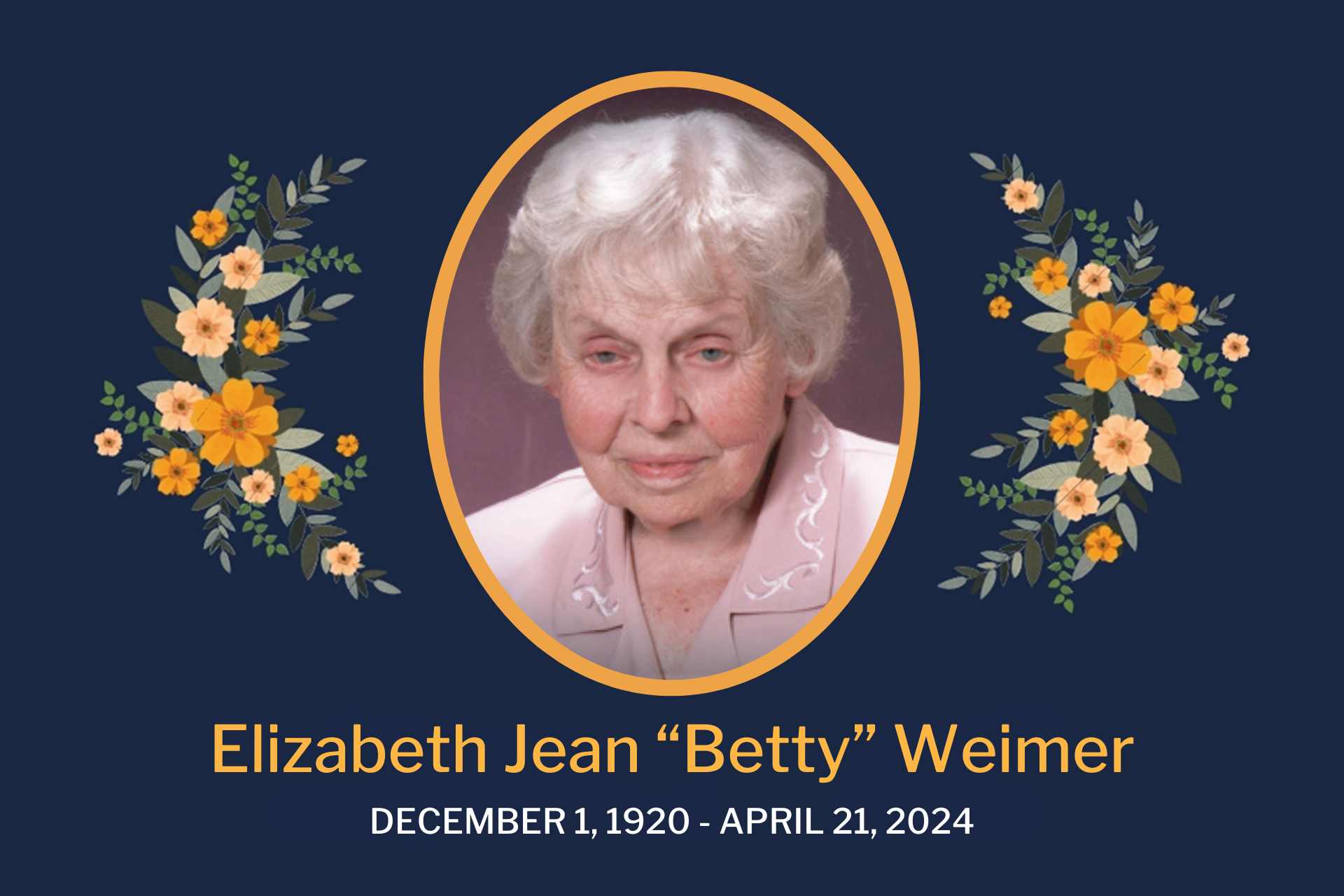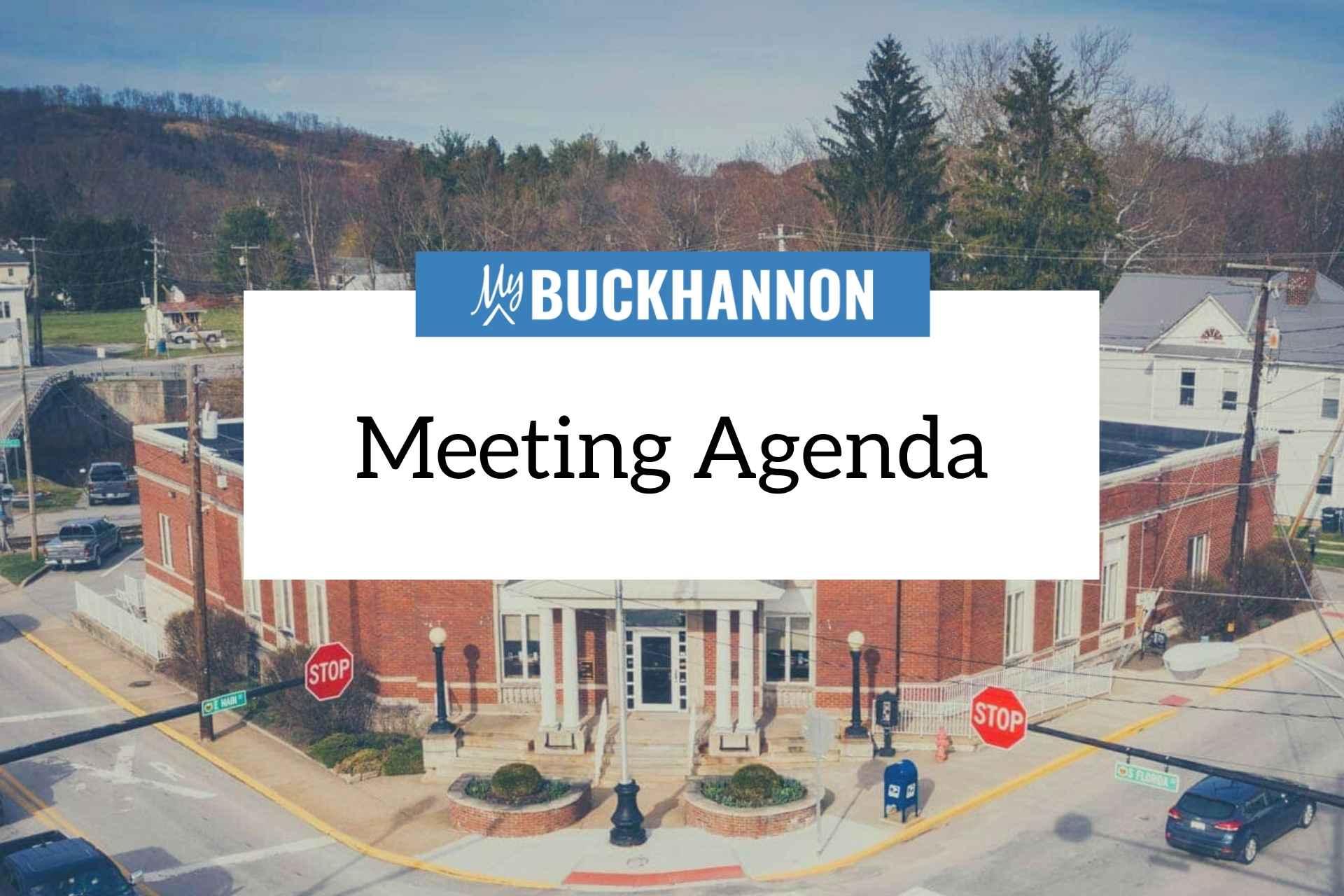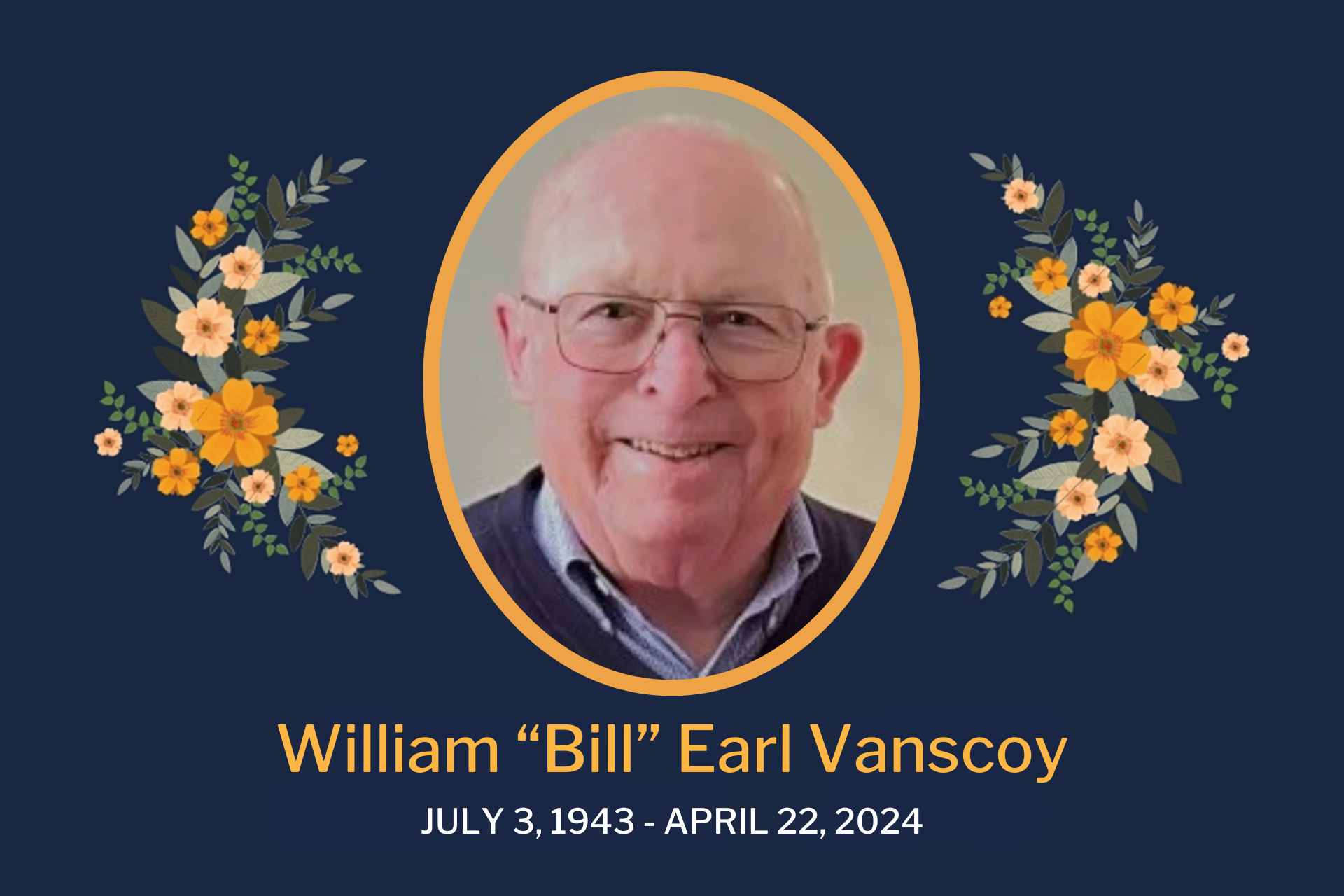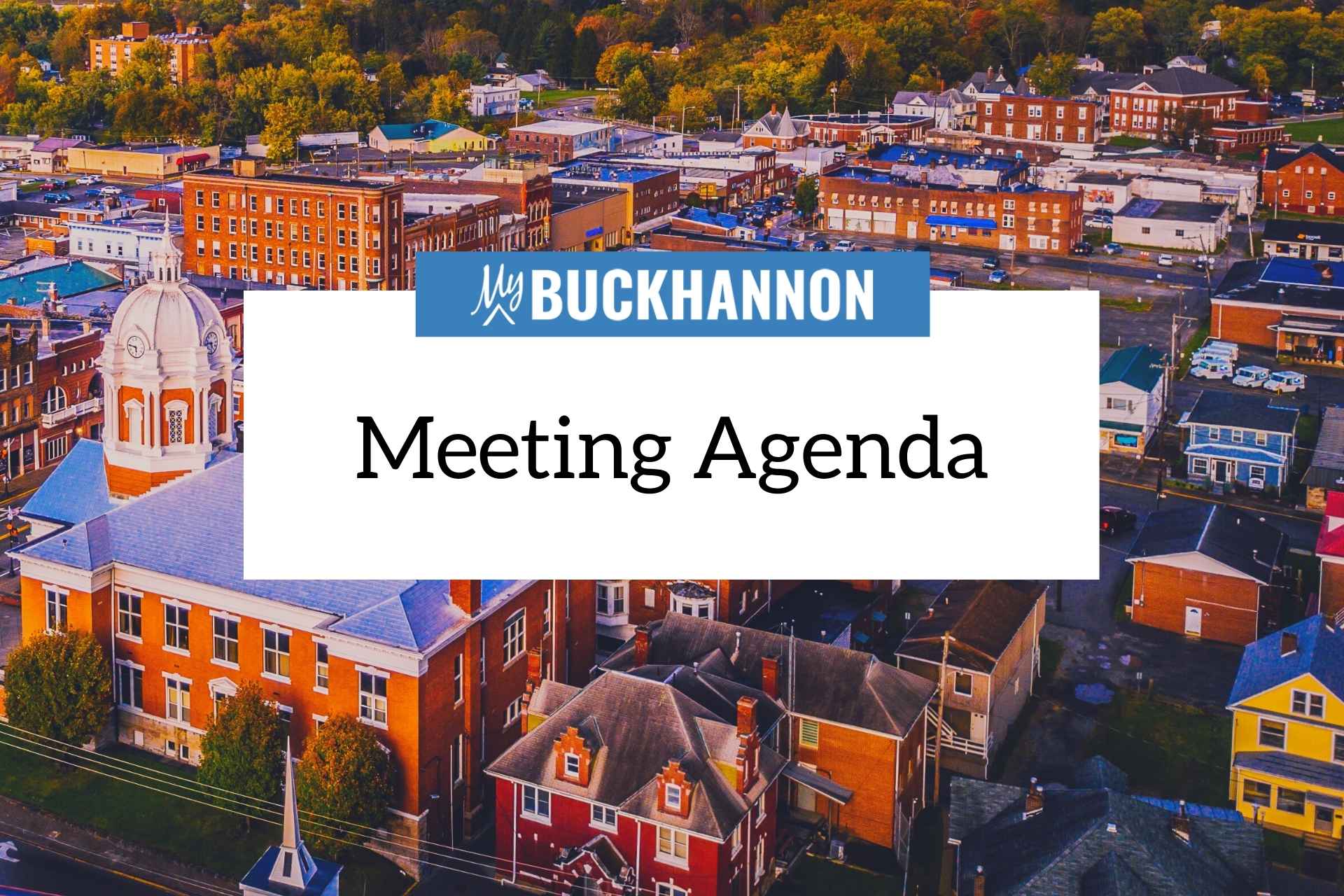This story was originally published by Mountain State Spotlight. Get stories like this delivered to your email inbox once a week; sign up for the free newsletter at https://mountainstatespotlight.org/newsletter
By Mountain State Spotlight Staff
March 1 was Crossover Day, a key legislative deadline. This is the day when the full universe of bills introduced during the session — 2,316, to be exact — is whittled down.
For the most part, bills that didn’t clear their chamber of origin (the House or the Senate) by the end of Wednesday won’t become law this year — at least without a future special session or some legislative loopholes. The regular session will end next Saturday, March 11, at midnight.
There are about 500 bills that made it across; here’s a look at a few of the measures that are still alive…and a few that aren’t.
Many bipartisan health bills didn’t make it
While many bills related to health have already passed at least one legislative body, Thursday marks the death of many bipartisan proposals that cleared either the Senate or House Health and Human Resource Committees with ease. Those include bills to expand access to doulas for Medicaid recipients; increase Medicaid dental coverage; change child care provider subsidies to be more reliable; and increase how much the state reimburses medical centers for conducting sexual assault forensic examinations.
One thing in common with all of these bills: they required state funding. Lawmakers have advanced a measure to expand Medicaid to people who currently earn slightly too much to qualify; it would be funded by federal money.
A bill to fund crisis pregnancy centers and increase adoption tax credits is also still alive. The measure was originally proposed during a special session last year during which lawmakers passed a ban on most abortions in the state; that version of the bill included expanded access to birth control. In January, House Health and Human Resources Committee Chair Del. Amy Summers, R-Taylor, said that provision was taken out because of funding concerns amid looming issues like the Public Employees’ Insurance Agency.
Kelly Allen, the executive director of the West Virginia Center for Budget and Policy, posited that the lack of new funding instead came from expected tax cuts. She says slashing the state’s revenue source is preventing lawmakers from considering anything new.
“We are not even in the realm of discussing new things or expansions of programs that we could be doing for families,” Allen said.
While many anti-LGBTQ bills died, two key proposals have passed the House
While there has been a steady stream of bills targeting different aspects of gay, queer and transgender life in West Virginia, many of them didn’t stay alive after the Crossover Day deadline. Those include bills that would have banned drag shows in certain spaces, prohibited materials depicting transgender people in schools, blocked Medicaid from covering gender-affirming care or allowed a small minority of residents to force referendum votes on any law including local Fairness laws.
But lawmakers in both chambers passed a bill earlier this week that would allow West Virginians to sue over state or local laws that create a substantial burden on one’s ability to practice their religion. Critics of the bill have said it could be used to justify discrimination against LGBTQ+ people.
Also still alive is a bill to ban West Virginia youth from seeking surgery or hormones to change their body to match their gender identity. Supporters say minors shouldn’t be able to make these kinds of decisions, which are sometimes permanent; opponents say measures like this further stigmatize transgender youth, who are already at high risk of suicide and struggle to access even routine medical care in the state. The bill passed the House last month and advanced on Thursday from the Senate Health and Human Resources Committee to the Judiciary Committee.
Plan to hire 2,500 teachers’ aides makes it across, along with other education bills
This year’s biggest piece of education legislation is very much alive. Backed by House Speaker Roger Hanshaw, R-Clay, the bill aims to improve literacy education by adding 2,500 teacher assistants into K-3 classrooms. The Senate version of the bill passed and is in the House Education Committee.
Perhaps the next most ambitious piece of education legislation was sidelined in the Senate and didn’t pass before Crossover Day. The bill would have created a pilot program for five counties to try four-day school weeks (with the school open a fifth day for individualized instruction, meals and extra lesson planning time for teachers).
Last week, the Senate passed a bill to give teachers a $2,300 across-the-board raise as part of Gov. Jim Justice’s initiative to raise state employee pay by 5%. Lawmakers have also kept alive efforts to address school vacancies in other areas: two House bills that are still alive and in that Senate would allow retired bus drivers to work more hours and make it easier for teachers’ assistants with 10 years experience to become teachers.
But House and Senate bills to give teachers more substantial raises both died in their chambers of origin.

Senators also passed a bill on the first day of the session that critics say could make it more difficult for teachers to have nuanced discussions about race. It is now in the House Judiciary Committee.
Another House bill that made it across would require teachers to remove students from classrooms in most cases when they’re disruptive, and to report these instances for data collection. It was on the Senate Education Committee’s agenda this morning but was ultimately not discussed.
While a bill that would have allowed arming K-12 teachers to respond to school shootings died in the House, another bill that would allow counties to hire veterans and former law enforcement officers to provide security in schools passed the Senate in January.
Other education bills that cleared their chamber of origin include would, respectively, increase access to diabetes medication in schools, require all schools to prominently display the national motto, “In God we trust,” require school boards to study student hunger and allow teachers to discuss “intelligent design” along with evolution.
PEIA premium hike passes Senate, awaits House action
Lawmakers said reforming the Public Employees Insurance Agency would be a key priority in 2023. Fifty-one days into the session, they’ve kept their promise to push a bill addressing the beleaguered health insurance provider, but their proposal and the limited discussion it has received has left some of the 230,000 public employees insured through PEIA feeling like an afterthought.
Despite moving a bill to address hospital reimbursement when the session began, it wasn’t until early February that the state Senate settled on a more comprehensive solution: SB 268, a wide-ranging and complex bill that makes a number of changes to PEIA and incorporates several other Senate proposals. The measure cleared the Senate last weekend, but the House of Delegates has yet to vote on it.
Legislators say that the proposal, which will cost roughly $27.7 million annually according to a fiscal note, saves the state $76 million in its first year and more than $500 million by 2027. Lawmakers have framed the changes, which will increase costs for people on PEIA’s insurance despite a yearslong freeze on premiums, as necessary to ensure that people continue to have access to health insurance. Lawmakers also say that two proposals to increase public employee salaries by $2,300 are enough to blunt the damage of the premium increases, which are expected to rise as much as 26% according to local unions.
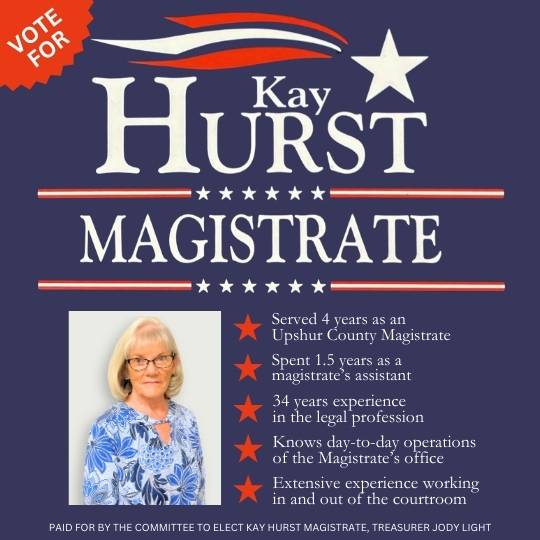
But for unions and some public employees, the process has been frustrating, particularly given that the bill received little public discussion and that people on PEIA’s insurance did not get to testify about it to legislators before they moved ahead with the measure.
If the bill passes the House without serious changes, “people are going to raise hell,” says Christy Cardwell, a Wyoming County teacher who has faced difficulties with PEIA’s insurance. “And it won’t just be teachers.”
Bill to help recruit coal miners still alive
House lawmakers advanced a version of a coal industry-backed bill that amends the powers of the Office of Coalfield Community Development. Part of the office’s new responsibilities, if the bill becomes law, would include helping the industry recruit new coal miners, as well as developing a public relations campaign to “educate the public on the economic and societal benefits provided by the coal industry.”
Last year, House Speaker Roger Hanshaw, R-Clay, created a House Select Committee to study coalfield communities; the group of delegates publicized a listening tour around the state, but ultimately only one of the handful of bills they introduced to help these communities was signed into law. This session, the committee does not exist, though House spokeswoman Ann Ali noted in an email in February that the House intended to continue the select committee’s work through other committees.
Tax deal to be taken up next week
Tax reform during the Justice administration has often been contentious, marked by disagreements between the governor, the House of Delegates, and the Senate. That trend continued at the start of the session, which began as the Legislature’s Republican leadership was still processing the defeat of Amendment 2, a proposal strongly opposed by Gov. Jim Justice over the desires of his party.
That changed last weekend, when lawmakers announced a tax deal shortly before suspending constitutional rules and pushing it through the Senate. The House plans to take up the bill, an amended version of HB 2526, alongside the budget next week.
The deal, touted as a compromise between the opposing parties despite being highly similar to the Senate’s initial plan, includes a 21.25% personal income tax cut and a number of Amendment 2-esque rebates, including for some property taxes paid by severely disabled veterans, the annual vehicle taxes paid to counties, and 50% of the personal property taxes paid by small businesses with a value of $1 million or less.
Lawmakers contend that the tax cuts will help make West Virginia competitive with neighboring states and will also boost the wallets of residents currently dealing with inflation. But with the state facing a number of looming crises and potential cuts to services, some local policy groups question if slashing taxes is the best use of a budget surplus largely built on one-time federal money, temporary severance tax increases, and artificially-low state revenue projections.
Jail transparency could pass; pay raises nixed
A bill that would roll back the effects of a jail secrecy law passed last year in West Virginia has passed the state Senate and is in the House Judiciary Committee. The bill was introduced after our reporting showed the impact of the law was to further shroud the jails in secrecy.
Families of those who’ve died in West Virginia jails have further said they’ve been repeatedly denied information about why their loved ones died as part of a broader culture of secrecy within the corrections system.
West Virginia has a dire shortage of corrections officers; the problem got so bad last year that Gov. Jim Justice called in National Guard members to help fill the gaps. One of the reasons officials have pointed to is low pay; a bill to help address that did not make it out of the House before Crossover Day. The bill would have provided a $10,000 pay raise over two years and bonuses of up to $6,000.
Lawmakers focus on bills to further regulate recovery services
Since the start of the session, lawmakers have introduced more than 20 bills directly related to substance use disorder treatment and recovery, but only a handful still have a chance of becoming law.
Those don’t include bills like HB 2035, which would’ve provided tax credits for companies that hired people in recovery from substance use disorders and HB 2360, which proposed a tax on opioid manufacturers and distributors to fund substance use disorder treatment programs. Both died in committee.
Instead, lawmakers have advanced several bills to further restrict and regulate key recovery services in West Virginia. The state has one of the country’s highest rates of opioid overdose death.
Several of the measures still in play are aimed at out-of-state people in West Virginia treatment and recovery facilities; supporters say some of these facilities are attracting people from out-of-state, kicking them out unfairly and contributing to homelessness and crime. But there’s little hard data to back this up.
Both the Senate and the House have already passed slightly different versions of a bill that would require facilities to offer patients transportation back to a state where they have lived or have family ties after graduating, being kicked out or choosing to leave a program. It doesn’t specify whether this requirement applies to recovery residences, residential substance use treatment facilities (often known as “inpatient rehabs”), or both. Once the lawmakers reconcile their differences, the bill will go to Gov. Jim Justice.
Justice has already signed another bill that arose from similar concerns. SB 239 will require officials to collect demographic information about people experiencing homelessness in West Virginia, including where they’re from. They’ll also have to determine “whether any health and human service benefits offered” in the state — such as residential treatment and recovery programs — attract “populations that are homeless or at risk of homelessness.”
Lawmakers are also still considering two bills that would place new restrictions on the number of treatment beds and recovery residence evictions.
HB 3337 would prevent the addition of new licensed substance use treatment beds in any county that already has 250. It’s already passed the House and is in the Senate Health and Human Resources Committee. And after passing the Senate on the first day of the session, a bill to prevent Cabell County recovery residences from kicking out residents before going through a formal eviction process is still pending in the House.
Recovery residence operators have several problems with the bill. It’s unclear whether it would allow operators to quickly kick out someone who is using addictive drugs or alcohol outside the recovery residence – without going through a longer, formal eviction process. And operators say that having someone living in a facility who is intoxicated could endanger the sobriety of other residents.
If someone leaves a recovery residence early, SB 147 would also require the operator to refund them for the remainder of their stay within 72 hours. During an active relapse, “that’s like handing someone their death sentence,” said Malissa Rose, a West Virginian in recovery. The bill is in the House Judiciary committee.
Critics say taken together, these bills may make it so burdensome to run the facilities that new ones don’t open. In many parts of West Virginia, there are no certified recovery residences or not enough recovery beds.




